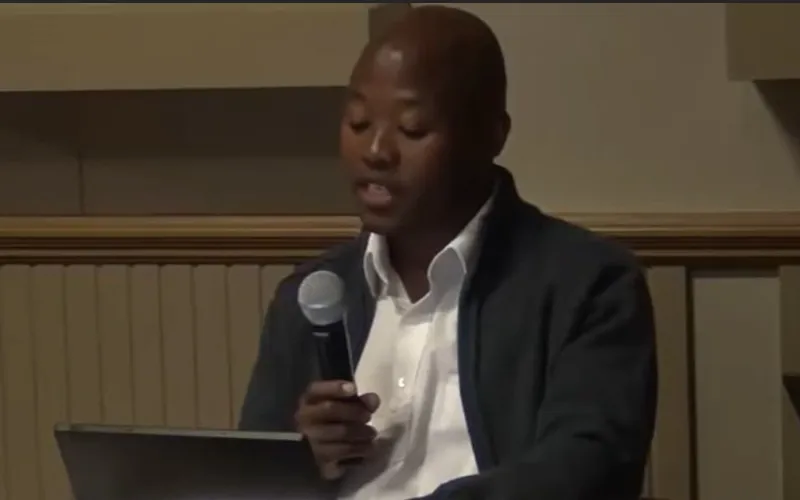“Ubuntu calls for one to move out of himself or herself to look at the needs of others,” Fr. Xulu said, adding that the spirit of Ubuntu can be used to address interpersonal struggles, including situations when “people are trapped in conflicts, unfounded allegations, crimes, and worst, various kinds of hatred.”
“Others are traumatized to go to courts, yet they labor in physical and emotional crimes and abuses,” Fr. Xulu said, underscoring the need for an alternative “judicial plan” through Ubuntu, which he proposes in his new book, “justice under the tree”.
Situations of conflict “are in churches, religious communities, and people in general cannot afford high legal fees,” he said, adding that “justice under the tree” he is advocating for in his new five-chapter book “might not be absolute but will certainly make a difference and Ubuntu calls to look for others, care for others.”
Published by SUNRISE publications, the first chapters of Fr. Xulu’s book examines how the Church in South Africa has been addressing issues of justice over the years.
The second chapter deals with how the South African Truth and Reconciliation Commission (TRC) became a vehicle in addressing justice without parties in conflict having to face the International Criminal Court (ICC).
Chapter three highlights what the South African nation learnt from the TRC experience, including challenges to the legal systems, and to social and religious sectors.
While chapter four discusses the plurality of ways of addressing justice in South Africa and how the Church needs to take advantage of such diversity, the last chapter of the book analyses the feasibility of Alternative Dispute Resolution (ADR) within the context of the Church.
In the March 14 interview, Fr. Xulu who serves as Durban Judicial Vicar of the Inter-diocesan Tribunal said the use of ADR to resolve conflicts in South Africa positions the Church in a space where it is seen to be administering justice in the society beyond her own periphery.
He described his new book as “great for groups as it calls for ‘palaver’, meaning both talk and activity.”
The South African Catholic Priest said that there are so many ideas and suggestions in his “justice under the tree” book, which are open for discussion, adding that additional insights would help make such approach workable and productive.








